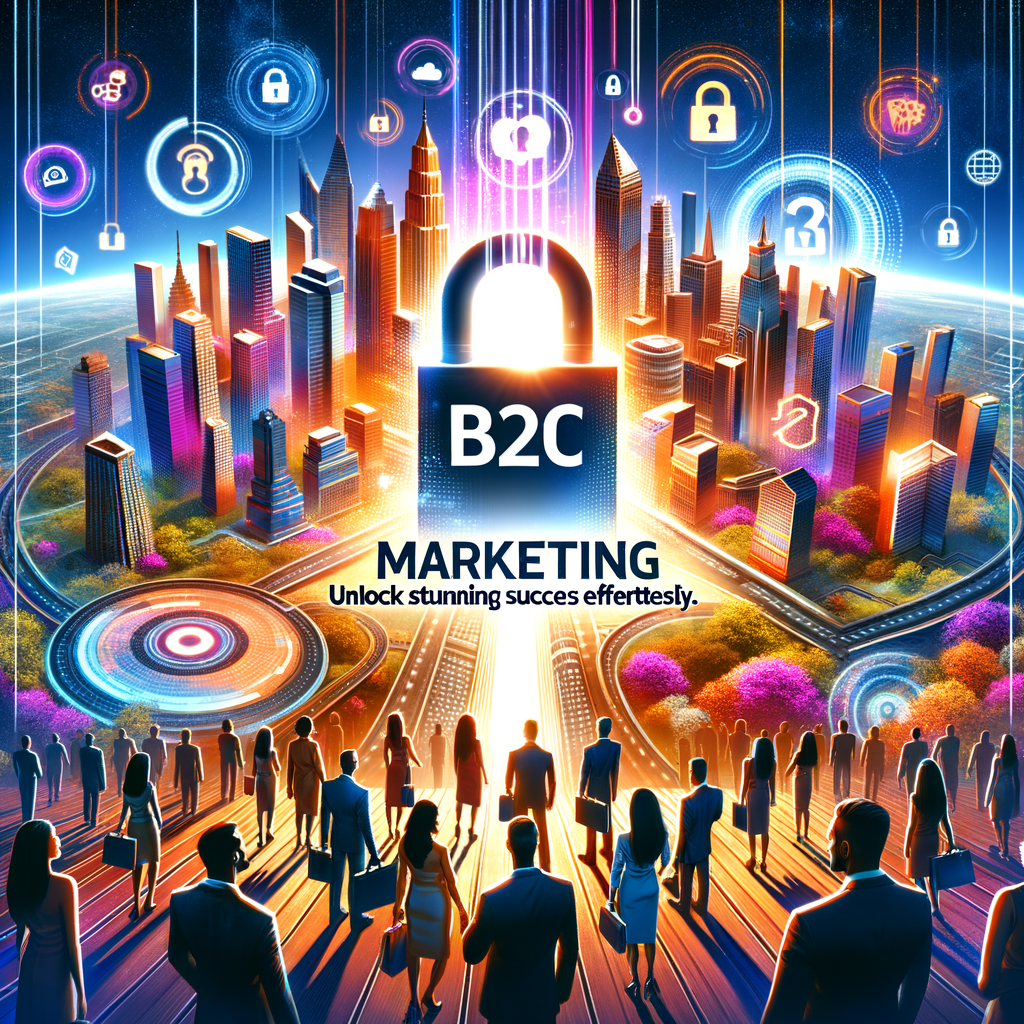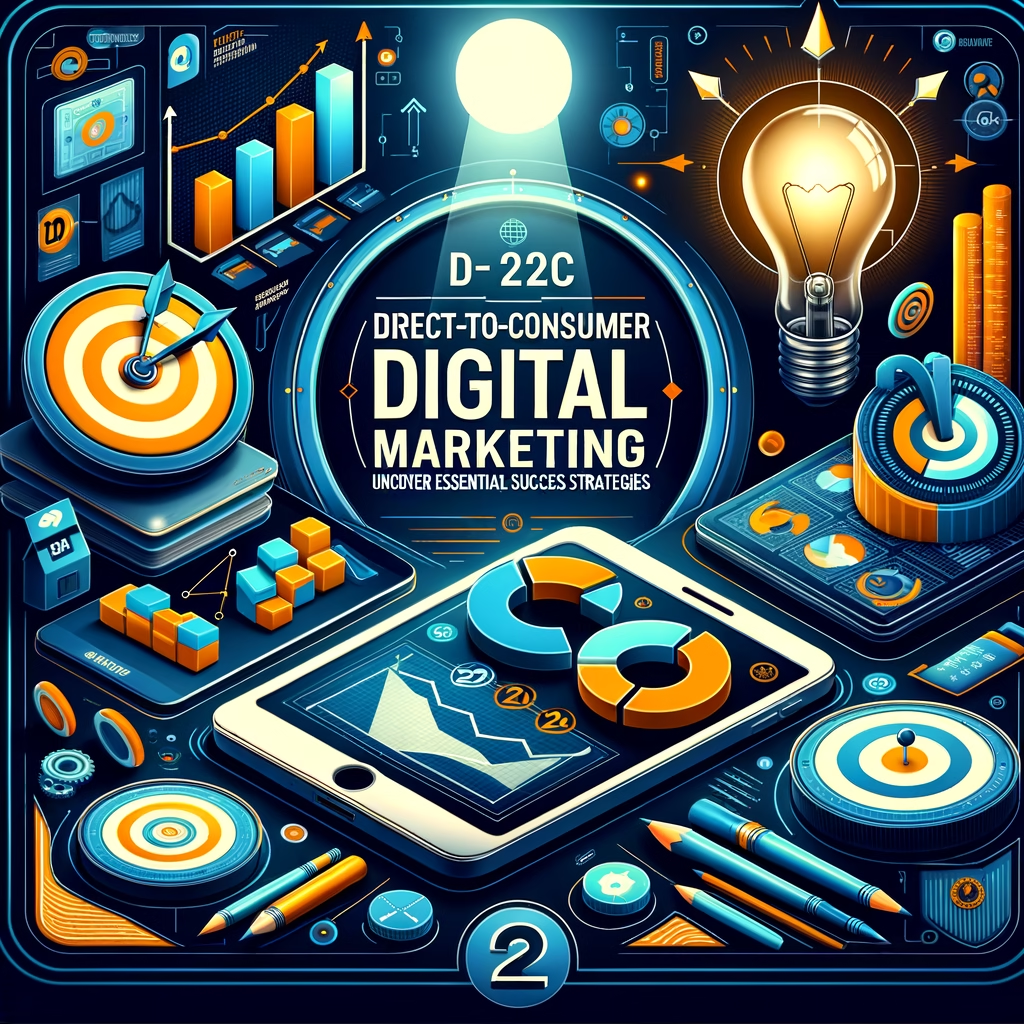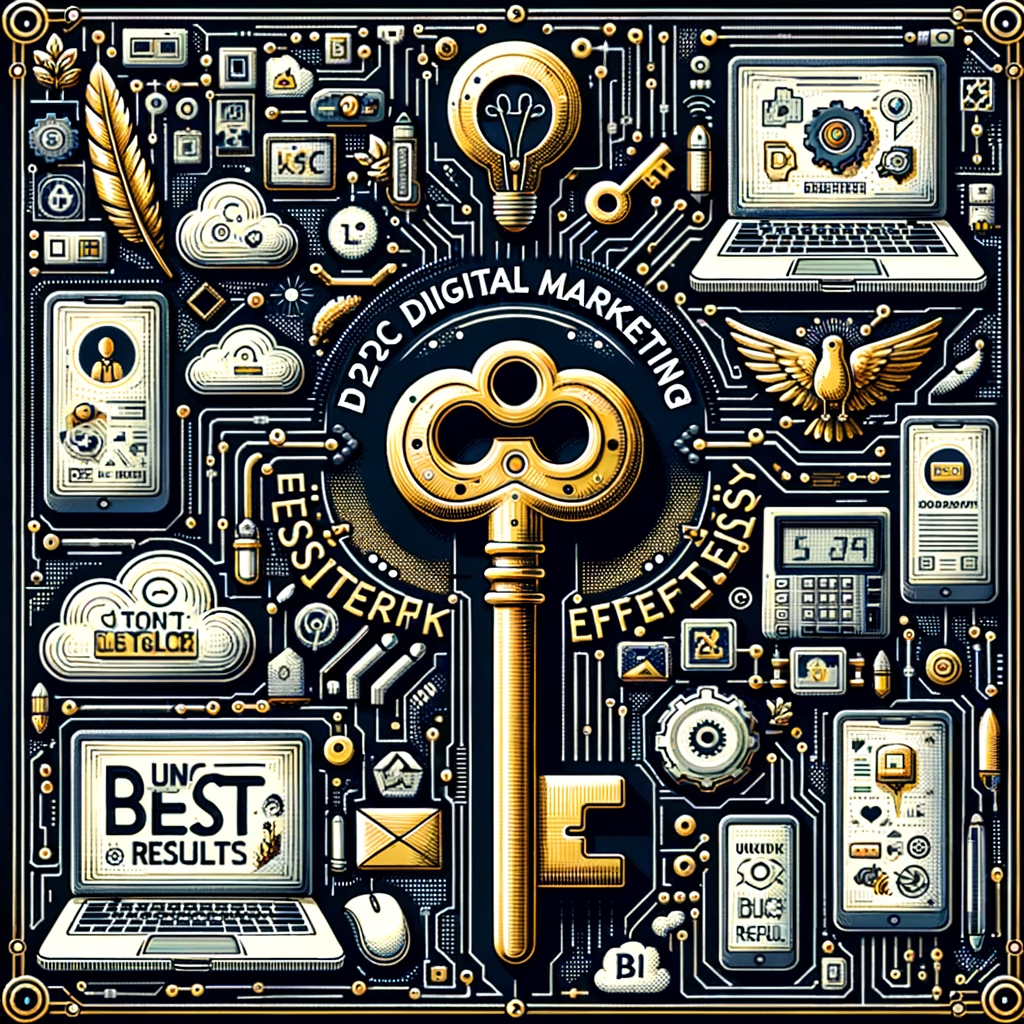B2C Marketing: Your Path to Effortless Success
Understanding B2C Marketing
B2C marketing, or business-to-consumer marketing, serves as a cornerstone in connecting businesses directly with individual consumers. Unlike its B2B counterpart, which focuses on building relationships with other businesses, B2C marketing zeros in on personal emotions, needs, and lifestyles. Capturing a consumer’s attention requires strategies that are innovative and responsive to market changes.
In today’s fast-paced digital world, successful B2C marketing hinges on a deep understanding of consumer preferences and behaviors. From the personalized recommendations you receive on online shopping platforms to dynamic content on social media, B2C marketing strategies are more sophisticated and data-driven than ever before.
Crafting the Perfect Strategy
To unlock stunning success in B2C marketing, businesses must create strategies that resonate with the target audience. Understand your consumer’s journey and personalize their experience. Begin by identifying your audience through data analytics and then segment them into different personas based on similar characteristics or behaviors.
Content must be king in a B2C strategy. Whether through blogs, emails, or social media posts, providing valuable and engaging content is essential. Remember, in B2C, engaging storytelling that appeals to emotions can significantly influence purchasing decisions.
Leveraging social media platforms is another powerful tactic. With billions of active users, platforms like Instagram, Facebook, and TikTok are invaluable in reaching consumers. Crafting visually appealing, shareable content will help your brand stand out from the competition. Paid advertising coupled with organic reach further enhances brand visibility.
The Role of Technology in B2C Marketing
Technology plays a pivotal role in modern B2C marketing, enabling businesses to achieve success effortlessly. Data analytics provide insights into consumer behavior, enabling brands to anticipate needs and personalize offerings. Tracking website interactions, purchase history, and engagement metrics allows brands to tailor their marketing strategies effectively.
Artificial intelligence and machine learning have transformed B2C marketing. Chatbots deliver instant customer service, while AI-driven recommendations enhance customer browsing experiences. These tech advancements bridge the gap between businesses and consumers, offering seamless and personalized interactions.
The Power of Influencer Marketing
Influencer marketing is an powerhouse strategy in B2C marketing, where social proof and authenticity foster trust in a brand. Collaborating with influencers who align with your brand lets businesses tap into established audiences. These individuals wield significant influence over consumer purchasing decisions, often resulting in increased brand awareness and sales.
A well-executed influencer campaign involves selecting personalities whose values and aesthetics match your brand. Transparency and authenticity are crucial, as today’s consumers are discerning and skeptical of overt marketing. Thus, genuine endorsements tend to yield more success.
Measuring Success in B2C Marketing
Assessing the effectiveness of B2C marketing efforts requires setting clear, measurable goals. Key performance indicators (KPIs), such as conversion rates, customer retention, and brand engagement, provide insights into what strategies are working and what needs adjustment. Regularly reviewing these metrics allows for continuous improvement and fine-tuning of marketing strategies.
Customer feedback is another essential component of measuring success. Encouraging reviews and testimonials helps identify areas for improvement and showcases trustworthiness to new customers. Furthermore, feedback aids in refining product offerings and enhancing consumer satisfaction.
Navigating Challenges in B2C Marketing
Despite the advantages, B2C marketing is not without its challenges. The market is highly competitive, with trends and consumer preferences constantly evolving. Staying ahead requires agility and adaptability.
Managing negative feedback, protecting consumer data, and keeping up with ever-changing digital marketing trends are ongoing challenges. Brands must be proactive rather than reactive, continually innovating their approaches to stay relevant.
Conclusion: Seizing Opportunities
Success in B2C marketing rests on understanding consumer needs, leveraging technology, and building authentic relationships. As digital landscapes continue to evolve, those who seize opportunities with creativity and data-driven strategies will thrive in connecting with today’s discerning consumers. By focusing on personal connection and technological innovation, unlocking stunning B2C marketing success truly becomes effortless.




